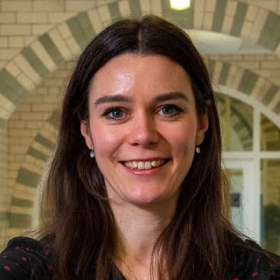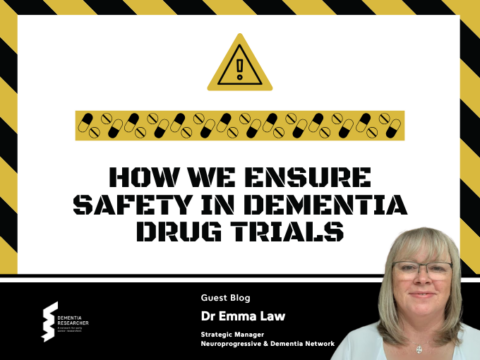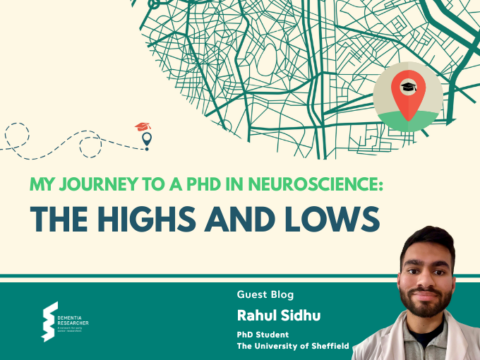The current pandemic has done a lot of things – from wearing face masks and often being unable to give our loved ones a hug, to not being allowed to go outside except once a day at the start of the pandemic, to making many of us that bit more digitally savvy. What’s more though, it has shown a stark spotlight onto social care. Care homes have featured all over the news after all, for very sad reasons.
But what is social care? Why does it matter? What does it have to with dementia care? And is it just care homes, or other settings as well?
Let’s tackle these questions step by step. When we talk about social care, we mean all those care elements that are not provided by health care professionals (so not by a GP, or physio, or psychologist), but by providers specifically trying to improve the social health and well-being of individuals. Social care is absolutely crucial to support people with non-medical urgent issues. Simplifying this, if you break your arm (like I have done), then you need go to hospital right away and get medical attention to get that arm fixed. You might get some physio afterwards to help you move your arm again properly. This should help you get this medical issue sorted.
But what about people who don’t experience a medical issue, yet still are in need of care? What about your lonely grandmother, who lives far away from everyone and rarely sees her family? What about someone living with a life-limiting condition and feeling upset and depressed about it? What about someone who is getting more frail and needs care at home or in a care home? And what about all those hundreds of thousand unpaid family carers who are caring for someone living with dementia? They can be often be stressed without any support for their feelings and emotions, and no respite in sight.
That’s where social care comes in. Or at least should come in. It is still an ideal notion that everyone who is in need of care and support should receive social care – the reality is unfortunately quite different.

There are about 17,600 care homes in the UK. Around 70 per cent of care homes are residential settings, while nursing homes make up 30 per cent of the total number of care homes.
They provide homes to 490,000 people.
Looking specifically at dementia care, once someone has received a diagnosis in a memory clinic (health care), they are often released into the wide unknown world of living with a diagnosis, but no support thereafter. Whilst some people receive medication (again, health care), what people living with dementia need is support in remaining independent and well for as long as possible. That can be achieved by having paid home care, or accessing social activities or day care centres in the communities, or having befrienders coming to the person’s home. Equally, the unpaid carer needs to be supported to live well, and be supported and considered in their own right. This might involve having a few hours of respite a week for example.
So why does not everyone get the social care they need? There are many different reasons, enough to expand on in another lengthy blog (!). Social care is funded differently – a person with dementia might get care funded by their local council because they are below a certain pension or income level. Or, if above or if they wish to receive more than what is offered for free, they have to fund this themselves. This can be a barrier. What we found as well in my research is that people often don’t know about specific services, and how to access them. That’s when unpaid carers often come in, if they are proactive and look for services themselves. That’s not how it should be though. Once a person receives a dementia diagnosis, they should be signposted and continuously supported by social care services, where required.
To sum this up, social care is really important to support people to live well – be that in the community or in a care home. Sadly, access to social care, particularly in dementia, is not equal, and many struggle by not receiving any or only limited care. But we don’t know everything yet, and more research needs to be done, more funding needs to be invested to understand just how the social care system can be improved to provide easily accessible, and equitable, care for everyone. And then, these changes need to be made and implemented.
Author

Dr Clarissa Giebel
Dr Clarissa Giebel is a Research Fellow at the University of Liverpool and NIHR ARC North West Coast. Clarissa has been working in dementia care research for over 10 years focusing her research on helping people with dementia to live at home independently and well for longer, addressing inequalities that people with dementia and carers can face. Outside of her day work, Clarissa has also organised a local dementia network – the Liverpool Dementia & Ageing Research Forum, and has recently started her own podcast called the Ageing Scientist.

 Print This Post
Print This Post




